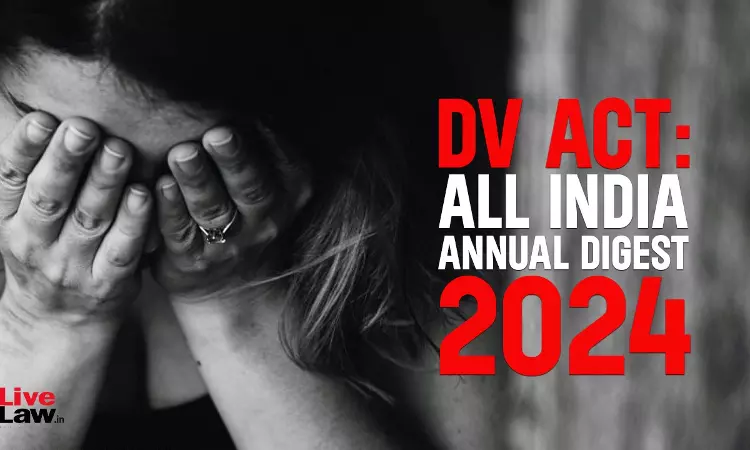Next Story
5 April 2025 11:00 AM IST
Supreme Court:DV Act |When Can Order Passed Under S.12 Be Modified/Altered Due To Change In Circumstances? Supreme Court ExplainsCase Details : S Vijikumari v. Mowneshwarachari CCitation : 2024 LiveLaw (SC) 745The Supreme Court, in a recent judgment, has explained when Section 25(2) of the Protection of Women from Domestic Violence Act, 2005 can be invoked to seek the alteration, modification...

